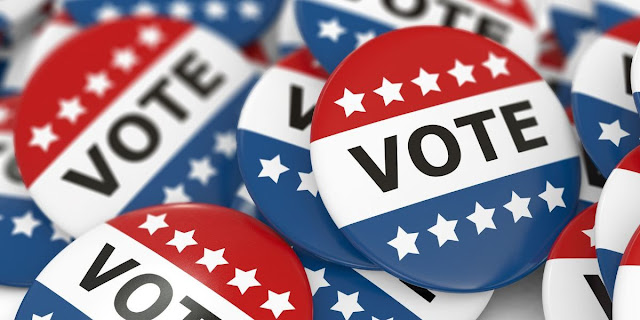On Thursday, the Republican-led House of Representatives passed the Safeguard American Voter Eligibility (SAVE) Act, legislation that would require proof of U.S. citizenship to register to vote in federal elections.
The bill passed in a 220–208 vote, with four Democrats breaking ranks to join Republicans in supporting the measure. The legislation now moves to the Senate, where it faces an uphill battle in the face of likely Democratic filibuster efforts.
The bill, introduced by Rep. Chip Roy (R-Texas), would mandate in-person presentation of documentation proving U.S. citizenship before an individual can register to vote. It also instructs states to proactively remove non-citizens from their voter rolls, and it empowers states with greater access to federal tools to verify voter eligibility.
“Despite the ridiculous attacks and purposeful misinformation spread about the bill, I am pleased to see that the House of Representatives once again passed the SAVE Act on a bipartisan basis to ensure only U.S. citizens vote in federal elections,” Roy said after the vote. “In order to preserve this republic, we must uphold what it means to be able to vote in a U.S. election.”
The legislation has become a top priority for both immigration restriction advocates and former President Donald Trump, who is again running for the White House. Trump recently signed an executive order tightening citizenship verification rules and directing federal agencies, including the Department of Homeland Security, to assist states in confirming the eligibility of voter registrants.
The White House released a statement earlier this week supporting the SAVE Act, with officials saying the bill would help rebuild trust in America’s electoral system.
“Even more fundamental than enforcement of Federal law, the bill will increase the public’s confidence in the fairness of our elections and the validity of their results,” the Trump administration said in its policy statement.
Supporters of the bill point to polls showing widespread public approval for voter ID and citizenship verification. A Gallup survey from October 2024 found that 83% of Americans support requiring proof of citizenship to vote, and 84% favor photo ID laws—including a majority of Democratic voters.
“Providing proof of citizenship and photo ID to vote isn’t controversial, it’s common sense,” said Rep. Bryan Steil (R-Wisc.), chairman of the House Administration Committee. “It’s absurd that we protect our beer more than we protect our ballots.”
Despite the bill’s popularity among the general public, it met fierce resistance from most Democratic lawmakers, who argue the legislation could suppress voter turnout, particularly among minority and disadvantaged communities. Some Democrats also repeated a widely debunked claim that the bill would prevent women who change their last names after marriage from registering to vote. The bill includes language specifically stating that such individuals must be accommodated.
Among the few Democrats to support the bill were Reps. Ed Case (Hawaii), Jared Golden (Maine), Henry Cuellar (Texas), and Marie Gluesenkamp Perez (Wash.), all of whom represent moderate or swing districts.
Critics of the legislation emphasize that cases of non-citizens voting in federal elections are exceedingly rare. However, Republicans argue that even the potential for abuse threatens public confidence and justifies preventative measures.
While some liberal jurisdictions such as New York City and San Francisco allow non-citizens to vote in local elections, federal law already prohibits them from voting in national elections. SAVE Act backers say the bill ensures that enforcement matches intent.
The legislation previously passed the House in the last Congress, but died in the Senate. This time, with Republicans now in control of the upper chamber, the bill’s fate will likely hinge on whether Democrats decide to use the filibuster—a procedural move requiring 60 votes to overcome.
If it clears the Senate, Trump has made clear he will sign the bill into law, potentially setting the stage for a landmark change in how Americans register to vote in future elections.
What’s Next?












